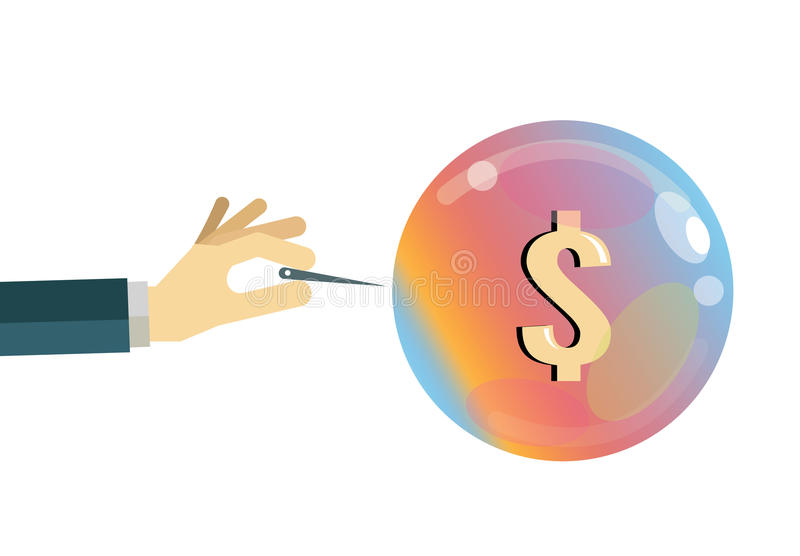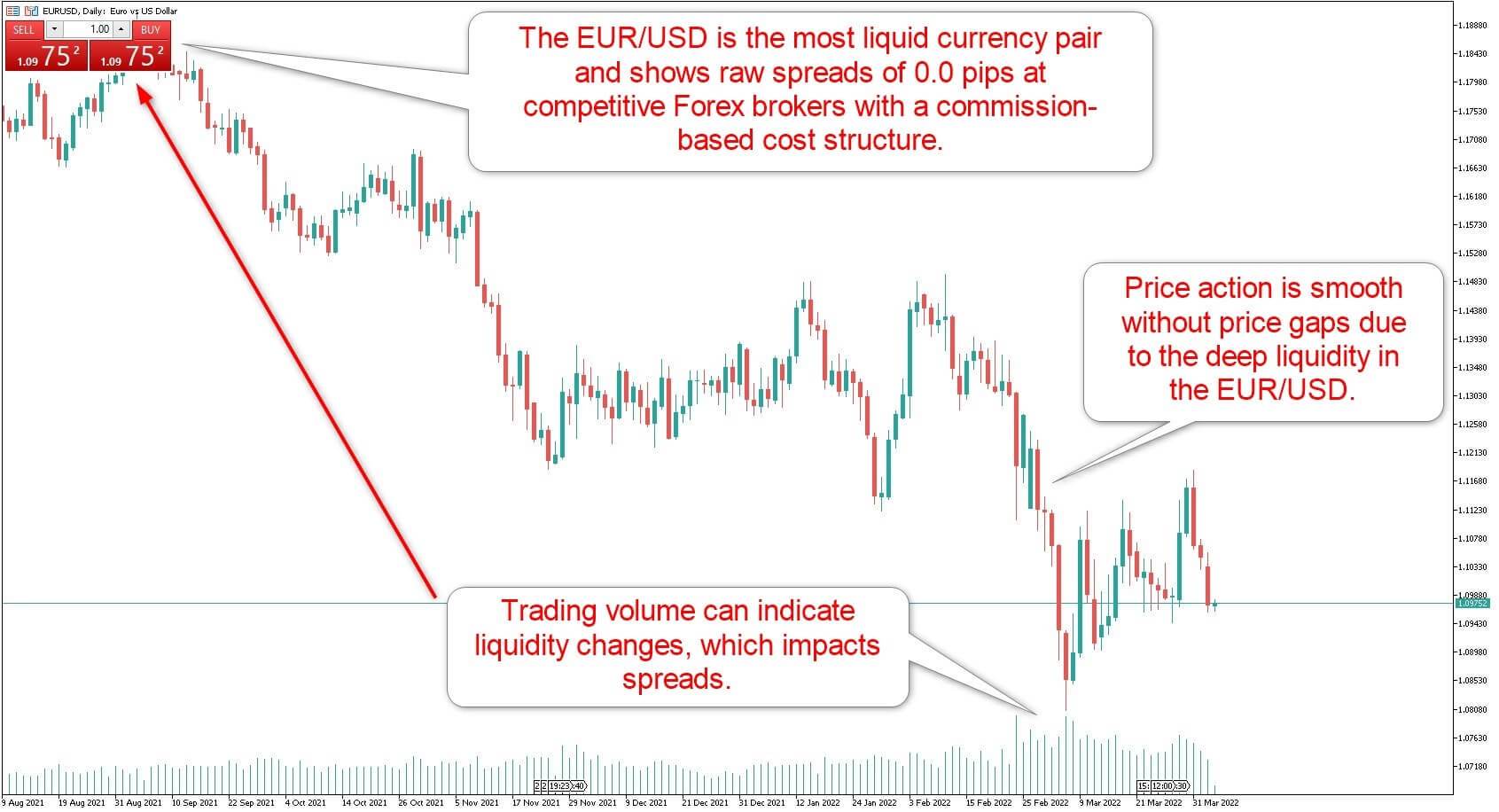
You may be a beginner forex trader and wonder how to trade on the currency market. Well, here are some important tips to help you get started. You must first decide what kind of trade you are going to make. Decide what type of spread you want, which is the difference between the bid and ask prices. Next, you will need to choose an entry price. Next, decide on how much you want to invest. Next, choose the type trade. Trades can be made with spreads of 0.25 pips and more
For beginners, online forex trading tutorial
Forex trading is a complex business. There are many options available. Free demo accounts and no deposit bonuses are available from some companies, which allows beginners to practice their skills with simulated real funds. A demo account lets you trade, convert currencies, and even earn money for them. But, the demo account is not your real money. It's virtual money provided to you by the company. These are the best Forex trading methods for beginners.

Currency pairs
These are the most important things for forex trading beginners. First, currency pairs are volatile. Some currency pairs move fifty or twenty pips. This volatility can make it difficult to develop a trading strategy because it may work for one currency pair but not for another. Fundamental analysis is also important when trading currency pairs. It's easy for people to get lost in the markets if they don't know where to look. Therefore, you might want to stick with the major currencies. Exotic currency pairs are high in volatility, low liquidity, high spread and high spread.
Points of Price
It is important to know the fundamentals of trading in multiple time periods if you are new to the forex market. This is because doing so will help you reduce your risks and increase your chances of making a winning trade. Understanding long-term trends can also be beneficial. This trend can increase your chances to win trades. But you shouldn't base any trade decisions solely upon this trend.
Orders
Entry and exit orders are important for forex traders who are just starting out. Entry orders can be a double-edged sword. They are beneficial when the market is in your favor but they also present a risk as they could affect your position before it has been fully evaluated. It is possible to reduce the impact of entry orders by using good risk management. Learning about different types of orders is essential for any forex trader, so it is a good idea to study and practice with a demo account.

Risk management
Forex trading should not be attempted by the weak-hearted. Forex trading is one of the most volatile financial markets in the world. It comes with inherent risk. A skilled trader will be able to manage risk and maximize his or her profits without compromising their capital. However, before you get started in Forex trading, it is important to learn about the most common pitfalls as well as how to manage your risks. You can learn more about how to manage Forex trading risk.
FAQ
How are share prices established?
Investors who seek a return for their investments set the share price. They want to make profits from the company. So they purchase shares at a set price. Investors make more profit if the share price rises. If the share price falls, then the investor loses money.
Investors are motivated to make as much as possible. They invest in companies to achieve this goal. This allows them to make a lot of money.
Are bonds tradeable
Yes, they are. They can be traded on the same exchanges as shares. They have been traded on exchanges for many years.
The only difference is that you can not buy a bond directly at an issuer. They can only be bought through a broker.
This makes it easier to purchase bonds as there are fewer intermediaries. This means that selling bonds is easier if someone is interested in buying them.
There are many kinds of bonds. While some bonds pay interest at regular intervals, others do not.
Some pay interest every quarter, while some pay it annually. These differences make it easy compare bonds.
Bonds are very useful when investing money. In other words, PS10,000 could be invested in a savings account to earn 0.75% annually. The same amount could be invested in a 10-year government bonds to earn 12.5% interest each year.
You could get a higher return if you invested all these investments in a portfolio.
What Is a Stock Exchange?
Companies sell shares of their company on a stock market. This allows investors to buy into the company. The market sets the price for a share. It is typically determined by the willingness of people to pay for the shares.
Companies can also get money from investors via the stock exchange. Companies can get money from investors to grow. This is done by purchasing shares in the company. Companies use their money as capital to expand and fund their businesses.
Stock exchanges can offer many types of shares. Others are known as ordinary shares. These are the most commonly traded shares. Ordinary shares can be traded on the open markets. The prices of shares are determined by demand and supply.
Preferred shares and debt securities are other types of shares. Preferred shares are given priority over other shares when dividends are paid. A company issue bonds called debt securities, which must be repaid.
How do I choose an investment company that is good?
You want one that has competitive fees, good management, and a broad portfolio. The type of security in your account will determine the fees. Some companies charge nothing for holding cash while others charge an annual flat fee, regardless of the amount you deposit. Some companies charge a percentage from your total assets.
You should also find out what kind of performance history they have. If a company has a poor track record, it may not be the right fit for your needs. Avoid low net asset value and volatile NAV companies.
Finally, you need to check their investment philosophy. A company that invests in high-return investments should be open to taking risks. If they aren't willing to take risk, they may not meet your expectations.
What is the difference between a broker and a financial advisor?
Brokers are people who specialize in helping individuals and businesses buy and sell stocks and other forms of securities. They handle all paperwork.
Financial advisors are experts on personal finances. They use their expertise to help clients plan for retirement, prepare for emergencies, and achieve financial goals.
Banks, insurance companies and other institutions may employ financial advisors. They may also work as independent professionals for a fee.
Take classes in accounting, marketing, and finance if you're looking to get a job in the financial industry. Additionally, you will need to be familiar with the different types and investment options available.
Statistics
- Individuals with very limited financial experience are either terrified by horror stories of average investors losing 50% of their portfolio value or are beguiled by "hot tips" that bear the promise of huge rewards but seldom pay off. (investopedia.com)
- For instance, an individual or entity that owns 100,000 shares of a company with one million outstanding shares would have a 10% ownership stake. (investopedia.com)
- Even if you find talent for trading stocks, allocating more than 10% of your portfolio to an individual stock can expose your savings to too much volatility. (nerdwallet.com)
- The S&P 500 has grown about 10.5% per year since its establishment in the 1920s. (investopedia.com)
External Links
How To
How to open a Trading Account
To open a brokerage bank account, the first step is to register. There are many brokerage firms out there that offer different services. Some brokers charge fees while some do not. Etrade, TD Ameritrade and Schwab are the most popular brokerages. Scottrade, Interactive Brokers, and Fidelity are also very popular.
Once you've opened your account, you need to decide which type of account you want to open. These are the options you should choose:
-
Individual Retirement Accounts (IRAs)
-
Roth Individual Retirement Accounts
-
401(k)s
-
403(b)s
-
SIMPLE IRAs
-
SEP IRAs
-
SIMPLE 401(k)s
Each option has its own benefits. IRA accounts are more complicated than other options, but have more tax benefits. Roth IRAs are a way for investors to deduct their contributions from their taxable income. However they cannot be used as a source or funds for withdrawals. SIMPLE IRAs and SEP IRAs can both be funded using employer matching money. SIMPLE IRAs can be set up in minutes. Employers can contribute pre-tax dollars to SIMPLE IRAs and they will match the contributions.
The final step is to decide how much money you wish to invest. This is also known as your first deposit. Many brokers will offer a variety of deposits depending on what you want to return. Depending on the rate of return you desire, you might be offered $5,000 to $10,000. This range includes a conservative approach and a risky one.
You must decide what type of account to open. Next, you must decide how much money you wish to invest. You must invest a minimum amount with each broker. The minimum amounts you must invest vary among brokers. Make sure to check with each broker.
Once you have decided on the type of account you would like and how much money you wish to invest, it is time to choose a broker. Before you choose a broker, consider the following:
-
Fees - Be sure to understand and be reasonable with the fees. Brokers often try to conceal fees by offering rebates and free trades. However, some brokers charge more for your first trade. Avoid any broker that tries to get you to pay extra fees.
-
Customer service - Find customer service representatives who have a good knowledge of their products and are able to quickly answer any questions.
-
Security - Choose a broker that provides security features such as multi-signature technology and two-factor authentication.
-
Mobile apps: Check to see whether the broker offers mobile applications that allow you access your portfolio via your smartphone.
-
Social media presence: Find out if the broker has a social media presence. If they don’t, it may be time to move.
-
Technology - Does the broker utilize cutting-edge technology Is the trading platform easy to use? Are there any glitches when using the system?
Once you have decided on a broker, it is time to open an account. Some brokers offer free trials. Other brokers charge a small fee for you to get started. Once you sign up, confirm your email address, telephone number, and password. Then, you'll be asked to provide personal information such as your name, date of birth, and social security number. You will then need to prove your identity.
Once verified, you'll start receiving emails form your brokerage firm. These emails will contain important information about the account. It is crucial that you read them carefully. This will include information such as which assets can be bought and sold, what types of transactions are available and the associated fees. You should also keep track of any special promotions sent out by your broker. These promotions could include contests, free trades, and referral bonuses.
The next step is to open an online account. An online account is typically opened via a third-party site like TradeStation and Interactive Brokers. Both sites are great for beginners. You'll need to fill out your name, address, phone number and email address when opening an account. Once you have submitted all the information, you will be issued an activation key. To log in to your account or complete the process, use this code.
You can now start investing once you have opened an account!